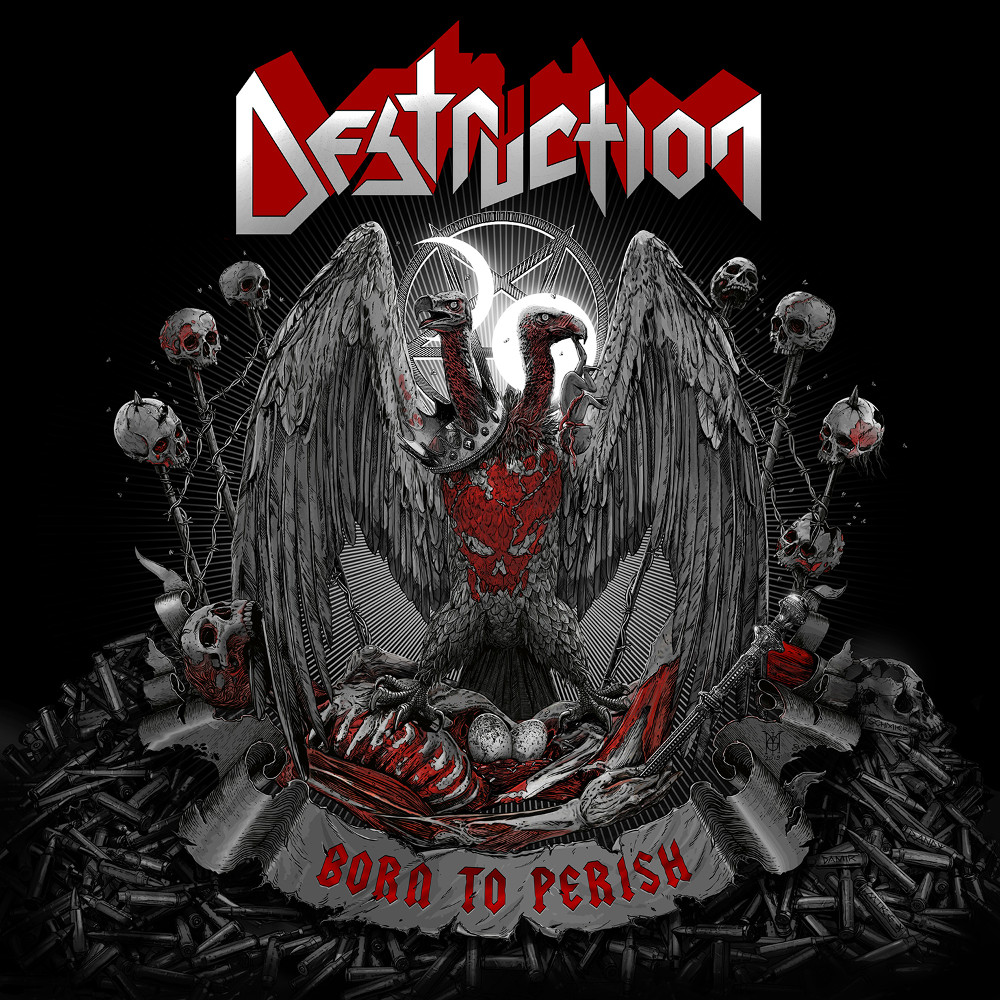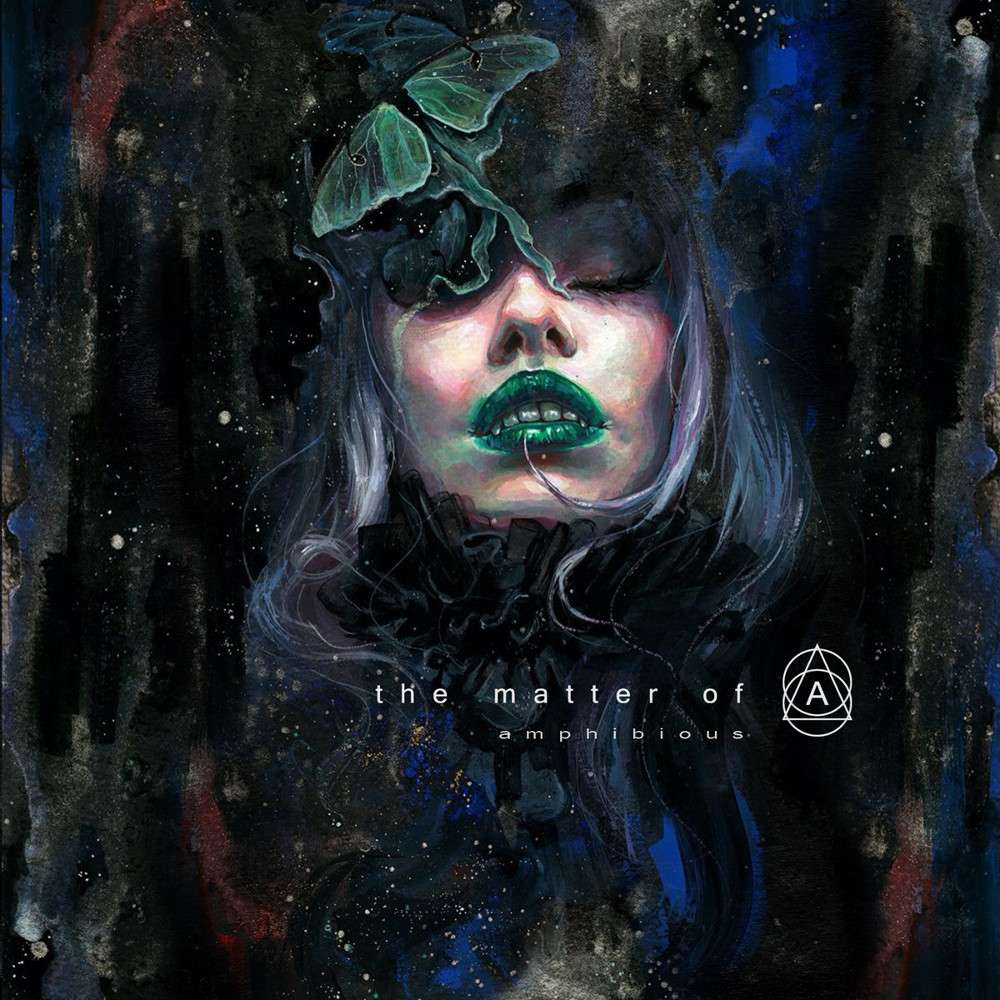 |
Country: Portugal
Style: Psychedelic Rock
Rating: 7/10
Release Date: 13 Jul 2019
Sites: Bandcamp | Facebook
Oddly, given that I've been highlighting an admirable diversity in the rock and metal coming out of countries like Poland, Greece and Finland, it seems that everything I review from Portugal is instrumental psychedelic rock. I'm sure there's other music being made there, but until I figure out where the good stuff is, here's another instrumental psychedelic rock album.
In fact, it's an instrumental psychedelic rock album from a band who played earlier this month in Porto with one of those other bands whose instrumental psychedelic rock album I reviewed earlier this year, Orangotango. Oddly, the Spanish half of the bill appears to have been grindcore bands, which doesn't make a heck of a lot of sense to me, but hey.
This band is Madmess, who are surely doomed to have every Google search for them be 'corrected' to the name of a very different band, and they're from Porto, though they're apparently based in London nowadays. They play their psych with a deceptively loose touch and they play it long, the shortest of the four tracks here clocking in at six minutes on the dot. That gives them a lot of room for musical exploration.
Everything about them seems to tie to motion, though the intensity of that motion varies. It's wildest on The Storm, a maelstrom of activity that has more than a foot in the door of space rock. This could be what it's like to surf Jupiter's great red spot. Lunar Giant is much more patient, its bluesy jamming much more relaxed but never calm. It builds too, with some rumbling drums, to be just as dangerous, if not quite as intense. This giant may seem to be gentle but he hits frickin' hard when he wants to.
It's my favourite track here, though every track was my favourite until the next one hit. It does so much with mood, taking us up and down and in every other direction, as it wishes. It also ends beautifully, setting us up well for the more peaceful motion of Waves. Well, peaceful until it isn't, as the ocean can be just as dangerous as that lunar giant when it gets a hankering to wreak some real havoc. Oddly, there are vocals here, albeit not for long and in a way that doesn't really add anything to the song at all.
The obvious praise here goes to Ricardo Sampaio who handles all the guitars on the album, but that's not to diminish the work of his compatriots, Vasco Ricardo Sampaio, whose bass is a reliable constant under Sampaio's soloing and sometimes a neat counterpoint, and Luis Moura, whose drums do everything they need to do. I love his drum sound here, which is not as up front as I expect modern production to make it but still has all the oomph that it was hard to capture back in the day on old equipment.
I liked this a lot, especially The Storm and Lunar Giant in the middle, and I now look forward to the next instrumental psychedelic rock album that will show up from Portugal. But hey, feel free to throw in requests. Who's making good music in Portugal right now that isn't instrumental psychedelic rock? I see that there was a lot of prog rock in the seventies after the Carnation Revolution, then blues rock in the eighties. I know about Moonspell but I'm unable to conjure up another non-psych name. Help me out, folks!








